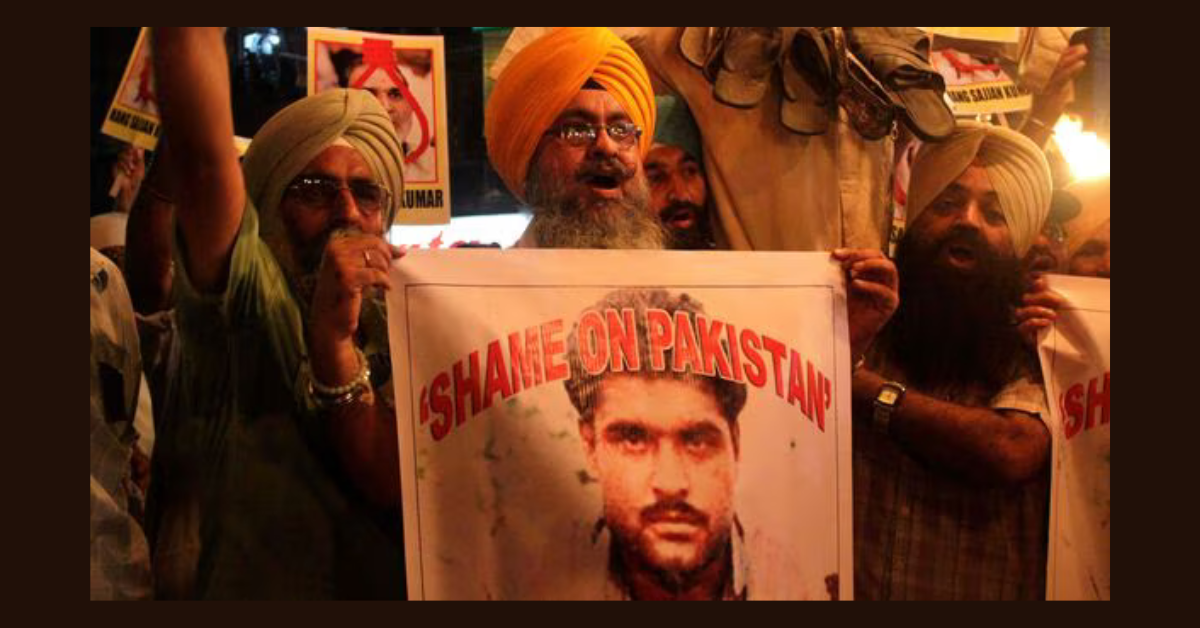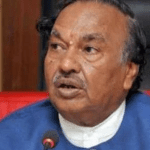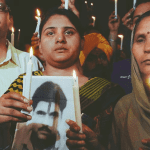Sarabjit Singh was an Indian national whose case became a focal point of tensions between India and Pakistan, as well as a matter of international concern due to the circumstances surrounding his arrest, trial, and subsequent death.
Background and Arrest
Sarabjit Singh was a resident of Bhikhiwind, a town situated along the Indo-Pakistani border in the Tarn Taran district of Punjab. He was arrested by Pakistani border guards in 1990 near the Indo-Pakistani border, allegedly in an inebriated state. His wife claimed that he had gone to work on his fields near the Wagah border and did not return.
Charges and Conviction
Initially, Sarabjit was charged with illegally crossing into Pakistan. However, the charges against him escalated when he was accused of involvement in four bombings in Faisalabad and Lahore, which resulted in the deaths of 14 people. In 1991, a Pakistani court found him guilty of terrorism and sentenced him to death under the Pakistan Army Act. This decision was upheld by a higher court, and his appeals for mercy were rejected by the Supreme Court.
Petition for Mercy and Commutation
In 2012, Sarabjit petitioned then-President Asif Ali Zardari of Pakistan for mercy, and his death sentence was commuted to life imprisonment. There were also indications from Pakistani officials that he could be released as part of a prisoner exchange with India, but a different individual was released instead.
Attack and Death
In 2013, Sarabjit was brutally attacked with bricks and iron rods by a group of inmates inside the high-security Kot Lakhpat jail in Lahore. The attack left him in a coma. Despite multiple demands from the Indian government to transfer him for medical treatment, either to India or to a third country, these requests were rejected by Pakistan. Sarabjit succumbed to his injuries and died in Lahore on May 1, 2013.
Involvement of Amir Sarfaraz Tamba
Amir Sarfaraz Tamba was one of the inmates accused of participating in the assault on Sarabjit. In 2018, a Pakistani court acquitted Tamba and another co-accused, Mudassar, citing a lack of evidence in the case related to Sarabjit’s death.
Tamba’s death occurred on Sunday when he was shot by unidentified assailants in Lahore’s Islampura area. He was rushed to the hospital in critical condition but later succumbed to his injuries.
Sarabjit’s case highlights the complexities of the relationship between India and Pakistan and the international concerns surrounding the treatment of prisoners, particularly those accused of terrorism. His death and the circumstances surrounding it drew significant attention and raised questions about the legal and judicial processes in Pakistan.















